

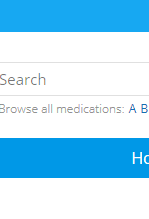





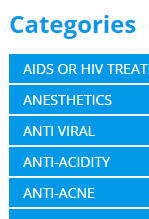







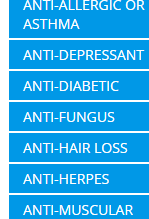







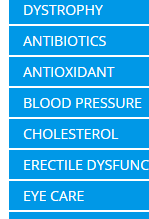








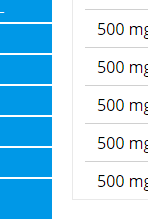








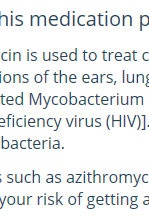
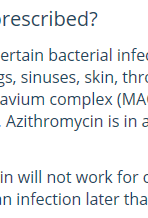
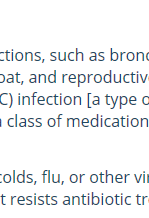





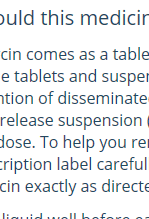
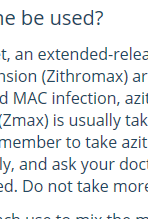
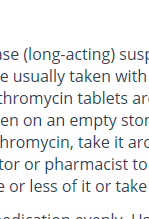

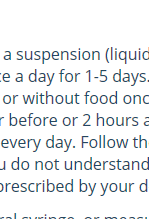

 |
 |
 |
 |
 |
 |
 |
 |
 |
 |
 |
 |
 |
 |
 |
 |
 |
 |
 |
 |
 |
 |
 |
 |
 |
 |
 |
 |
 |
 |
 |
 |
 |
 |
 |
 |
 |
 |
 |
 |
 |
 |
 |
 |
 |
 |
 |
 |
 |
 |
 |
 |
 |
 |
 |
 |
This belongs to the class of antibiotics. It is most commonly found in hospitals, but can also be purchased over the counter. Azithromycin has an active ingredient that works by destroying the microorganisms that cause infection. Azithromycin works best against some specific bacteria, namely Chlamydia, thrush, hemophilus, and even gonorrhea. These bacteria can invade the body through the mouth, throat, nose, eyes, and vagina. They can also spread through oral sex and cause infections within the genital area. Azithromycin works by killing off these microorganisms. However, the exact mechanisms involved in how it kills off the microorganisms is not known. It has been shown to kill bacteria and fungi. Azithromycin should only be used as directed on the label. Make sure that if you are taking any over-the-counter or prescription, you stop taking them immediately before you take any generics containing azithromycin.
The bacteria that azithromycin attacks are called Gram-positive bacteria. Gram-negative bacteria do not produce sulfa antibiotics, so they are not affected by Zithromax in the same way that Gram-positive bacteria are. Azithromycin also has some side effects associated with it. It may cause a type of intestinal gas, which can make people feel like they are having a heart attack. It has been linked to diarrhea, vomiting, skin rash, dizziness, muscle weakness, stomach pains, and nausea, as well as fatigue. Azithromycin should only be used when the other treatments have been tried and failed. If a severe infection is causing serious problems and you have not had any success with antibiotics or other methods, then you should speak to your doctor about using azithromycin. There are also cases where this treatment is not required and can cause more serious cases. If you have had an antibiotic-resistant fungal infection for a long period of time or have had a kidney infection, the treatment may not work. For these cases, it is essential to have an appropriate testing done to determine the source of the infection.